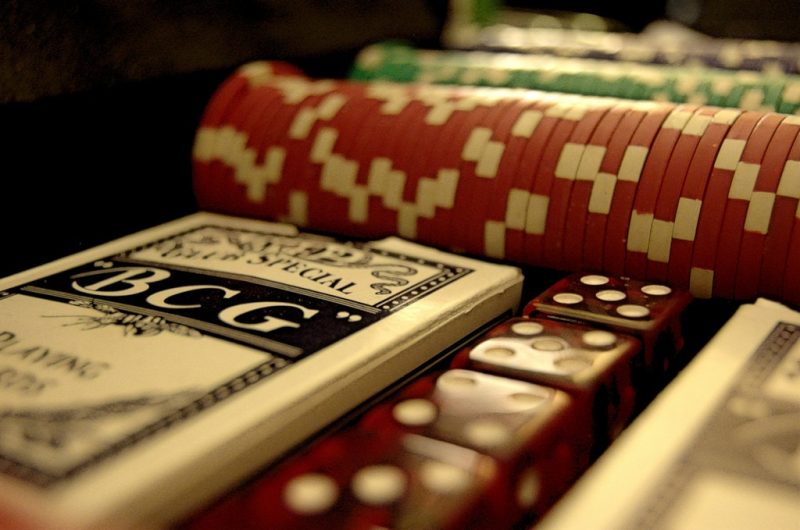Within the playful dimension, it can be said that all games are characterized by rewarding a significant proportion of skill, but they also tend to leave a quota left to chance, so that a priori whoever plays better is not assured of victory.
In other words, games are made up of a range of elements and generally combine their own merits and the fruit of chance in various proportions. It could be said that at the opposite extreme to those that give a majority weight to merit (such as chess, for example) are the games of chance. For instance: poker, roulette, lottery, dice.
In games of chance, the player’s own skill has almost no effect, and in fact it is impossible for someone to “play too well” or “too badly” at a game of chance. In any case, several games considered games of chance contain a quota of criteria or thinking ability, such as those that involve playing cards.
Many peoples have developed games of chance basic and primitive: the position of an object after its fall (a coin, let’s say) are an example of this; in that case the prediction became a game.
The conviction that all the players are unaware of the outcome and cannot anticipate it (at least from the rational point of view) puts all participants on an equal footing. From this luck of democracy in uncertainty The concept of betting on the outcome of a game, regardless of individual abilities, is believed to have originated.
Gambling problems
Although since moral or what ethical gambling for money is usually condemned (for exalting the value of the reward not based on effort), it is difficult to mention something that transcended so strongly in almost all societies as gambling, and today can be found in almost all the major cities of the world specially dedicated to gambling, known as casinos.
In fact, those arguments that were presented against the casinos seem to have been at least somewhat correct. Over time, gambling became a pleasure or entertainment of the wealthiest, but also in a mechanism of escape for the poorest: the illusion of equality and of being able to win a significant sum of money for a stroke of luck in the casino has been the cause of suffering for many families.
Many people transform those games into a suffering, acquiring a disease known as gambling. In parallel to this, many others investigated issues related to games of chance from different perspectives.
The mathematical distribution of probabilities, for example, is an area that has been worked hard trying to explain why many people win, while casinos always get rich.
Examples of games of chance

| Poker | Raffle |
| Currency (‘heads or dry’) | Chinchon |
| Slot machines | Sports forecasts |
| Roulette | Point and banking |
| Clock (‘0-30,30-60’) | Lottery |
| Rock, paper or scissors | Whirligig |
| Horse races | Football pools |
| Dices | Tute |
| English pass | Lotus |
| Trick | black Jack |
